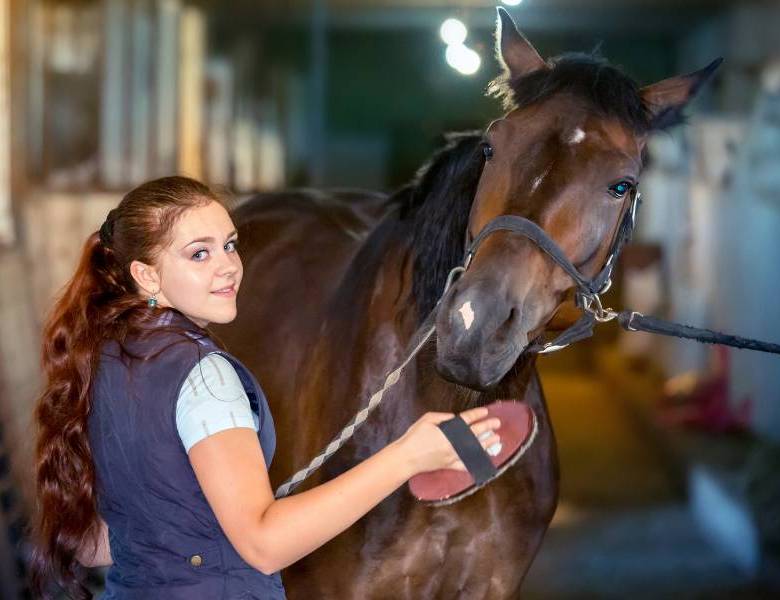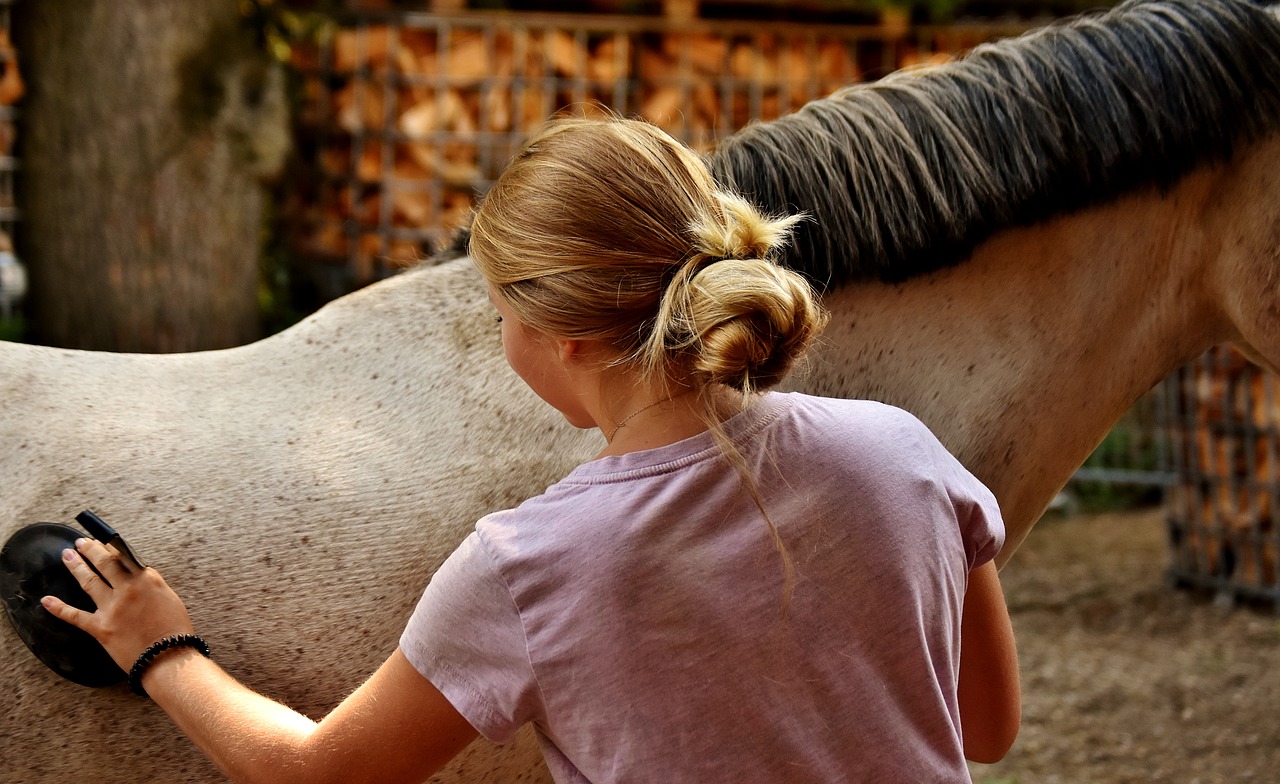As horses age, their dietary needs change significantly. An effective senior horse diet guide is crucial to ensure your aging equine remains healthy and vibrant. Understanding the specific needs of senior horses can help you provide the best care possible, keeping them active and comfortable in their golden years.

Understanding the Needs of Senior Horses
Senior horses, typically aged 15 years and older, often experience changes in their metabolism, dental health, and digestion. These changes necessitate adjustments in their diet to maintain optimal health. A comprehensive senior horse diet guide should address these needs with tailored nutrition plans.
Common Health Issues in Senior Horses
Understanding common health issues such as weight loss, dental problems, and decreased nutrient absorption is crucial for managing a senior horse’s diet. Regular veterinary check-ups are essential to diagnose and address these issues promptly.
Weight Management for Aging Equines
Weight management is a critical aspect of a senior horse diet guide. Older horses may have difficulty maintaining a healthy weight due to reduced metabolism and dental issues. Monitoring body condition and adjusting feed accordingly is vital.
Dental Health Considerations
Dental health plays a significant role in a senior horse’s diet. As horses age, they may experience tooth grinding problems or lose teeth, affecting their ability to chew and digest feed efficiently. Regular dental check-ups and appropriate feed choices, such as soaked hay or pellets, can help manage these issues.
Nutritional Components for Senior Horses
Importance of Fiber
Fiber is a crucial component of a senior horse’s diet. It aids in digestion and helps maintain a healthy weight. For horses with dental issues, providing fiber through alternative sources like soaked hay cubes is beneficial.
Role of Protein
Protein is essential for maintaining muscle mass and overall health in senior horses. Quality protein sources, such as alfalfa or soybean meal, should be included in their diet.
Vitamins and Minerals
Vitamins and minerals play a vital role in a senior horse’s health. Supplements may be necessary to ensure adequate intake of essential nutrients, including calcium, phosphorus, and vitamin E. For more information on supplements, visit our page on supplements for aging horses.
Feeding Strategies for Senior Horses
Frequent, Smaller Meals
Providing frequent, smaller meals can aid digestion and help maintain a healthy weight. This approach also prevents blood sugar spikes, which can be beneficial for horses prone to metabolic disorders.
Adjusting Feed Form
Adapting the form of feed, such as using pellets or mashes, can help senior horses with dental issues. Ensuring the feed is easily digestible is crucial for nutrient absorption.
Hydration and Its Importance
Hydration is vital for all horses, but especially for seniors. Ensuring constant access to clean, fresh water is essential. Adding electrolytes to water can encourage drinking and prevent dehydration.
Monitoring and Adjusting the Diet
Regularly monitoring a senior horse’s condition and adjusting the diet as needed is crucial. Weight, body condition, and coat quality are indicators of dietary adequacy.
Consulting with a Veterinarian
Regular consultations with a veterinarian can help tailor a diet plan that meets the specific needs of your senior horse. They can provide guidance based on health assessments and nutritional requirements.
Conclusion
Providing a proper diet for senior horses is essential for their health and longevity. By understanding their unique dietary needs and making informed adjustments, you can ensure your equine companion enjoys a healthy and fulfilling life. For more tips on caring for older horses, consider reading this guide on caring for older horses.

FAQs
What is the best food for a senior horse?
Senior horses often benefit from feeds that are high in fiber and easily digestible. Soaked hay cubes or pellets are excellent choices.
How do I know if my horse needs a senior diet?
Signs that a horse may need a senior diet include weight loss, difficulty chewing, or changes in coat condition. Consult with a veterinarian for specific dietary recommendations.
Can senior horses eat regular hay?
Some senior horses can eat regular hay, but those with dental issues may benefit from soaked hay or alternative fiber sources to aid digestion.
This article contains affiliate links. We may earn a commission at no extra cost to you.
